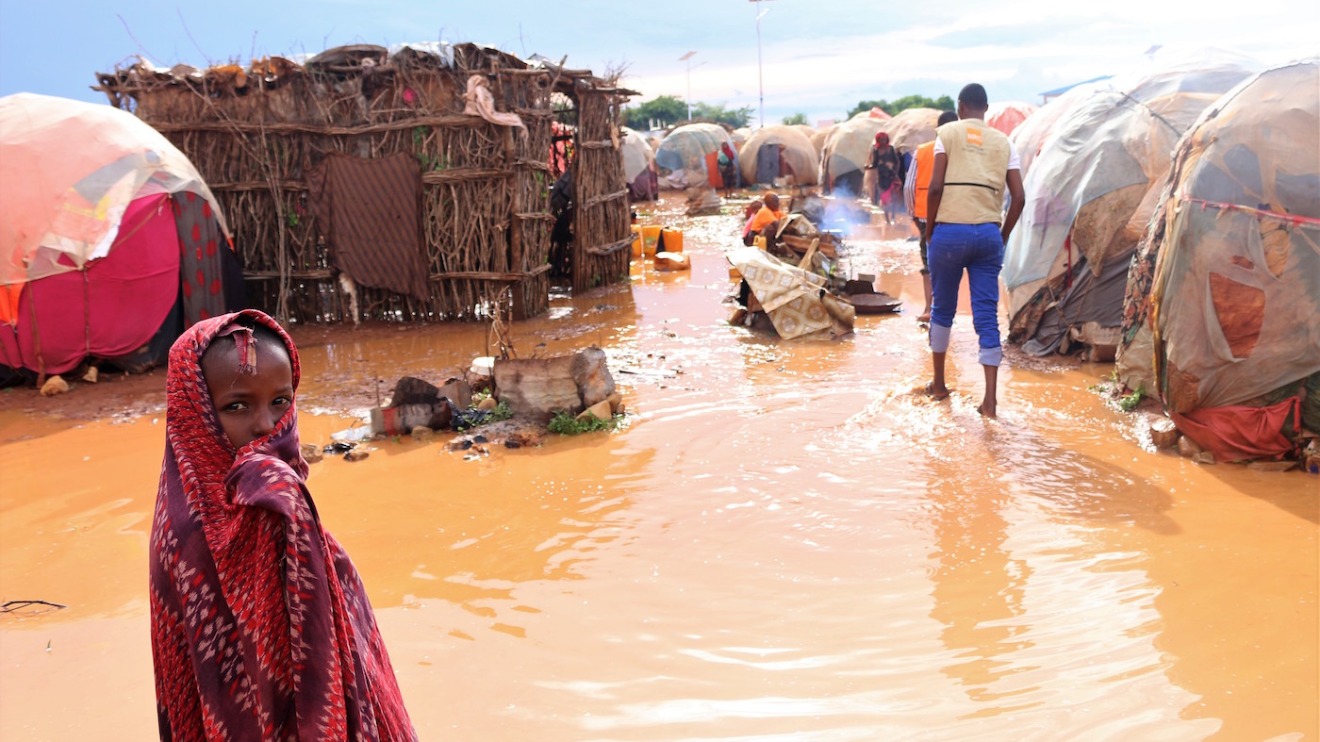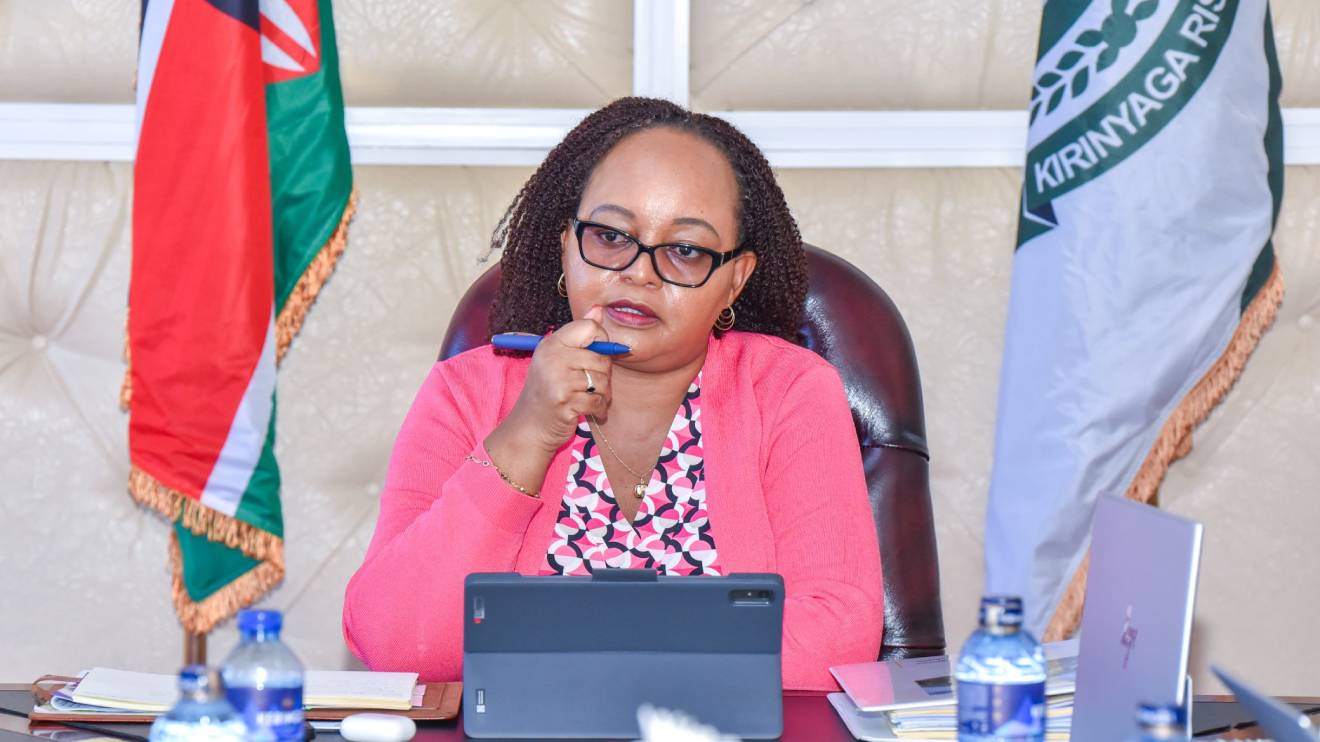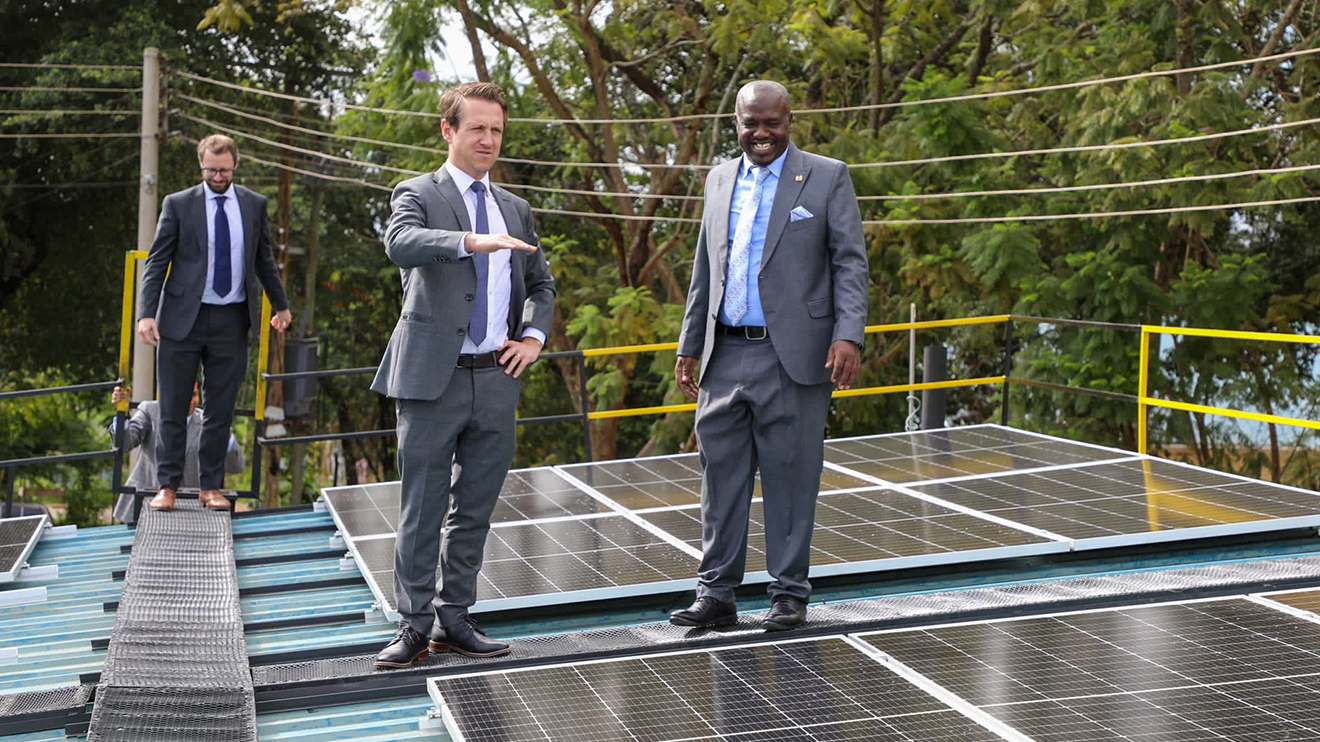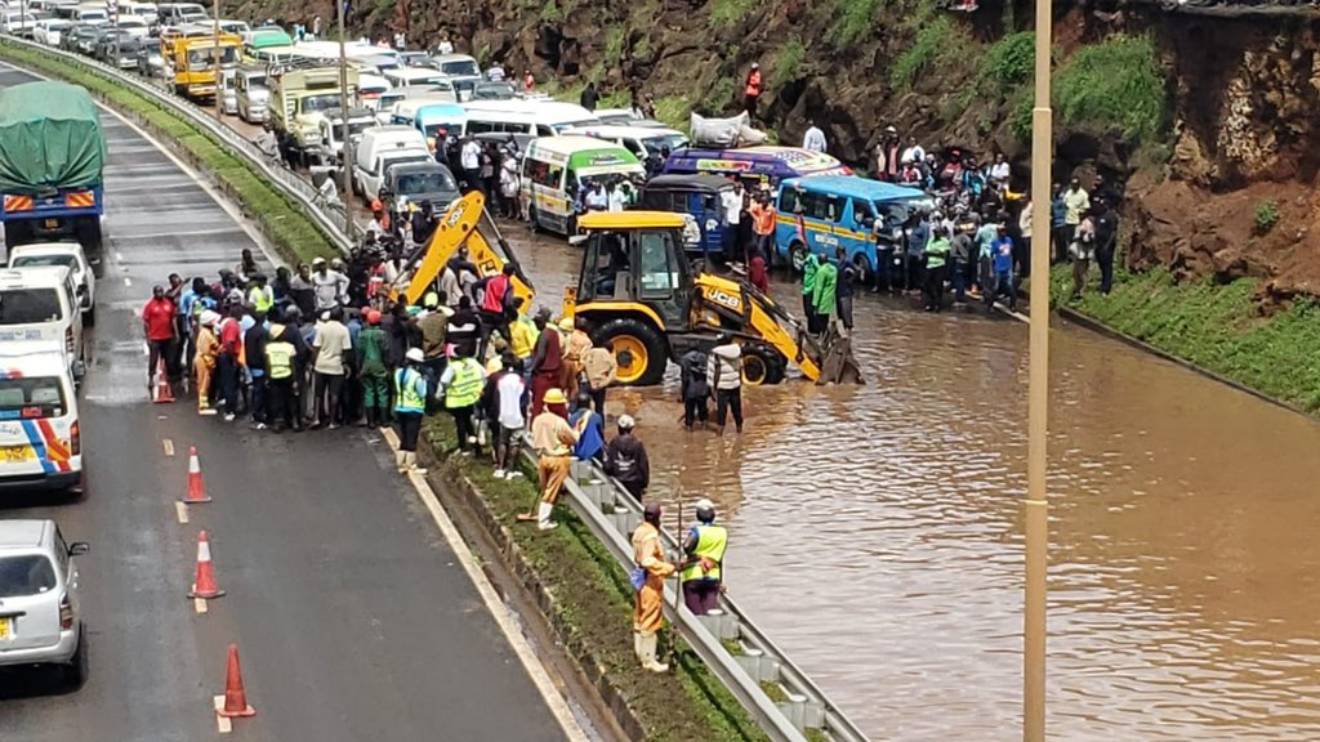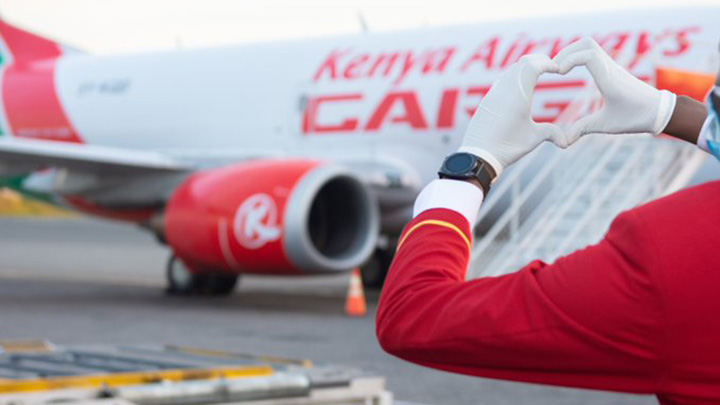Save the Children, an international child rights organization, has revealed alarming statistics indicating a sevenfold increase in the number of children in Kenya displaced within the country due to climate-induced disasters in 2022, as compared to the previous year.
The distressing figures come to light as policymakers convene this week in Nairobi for the Africa Climate Summit, aimed at addressing the climate crisis on the continent.
Save the Children, drawing from data analyzed by the Internal Displacement Monitoring Centre, disclosed that by the close of 2022, at least 187,000 Kenyan children found themselves displaced within their own country due to climate-related shocks.
This marked a staggering contrast to the 27,000 children similarly displaced in 2021.
These children experienced various degrees of displacement, some enduring multiple displacements, while others were uprooted only once.
Read More
Regardless, all of them remained displaced from their homes, residing in camps, with extended family, or in temporary accommodations.
It is worth noting that these figures represent only a fraction of the total displacement, as they pertain to four specific Kenyan counties, namely Garissa, Isiolo, Marsabit, and Turkana.
The true extent of this crisis across the nation could be far higher.
Yvonne Arunga, Save the Children's Country Director for Kenya and Madagascar, voiced grave concerns over the impact of these climate shocks on children.
"The impact of climate shocks on children is very worrying. When children lose their homes, they lose almost everything: their access to healthcare, education, food, and safety. They also lose the building blocks for mental and emotional stability and wellbeing, like a sense of routine, their friends, and the right to play," Arunga stated.
Regionally, the numbers are equally disturbing, with sub-Saharan Africa witnessing a threefold increase in new internal displacements throughout 2022 due to climate disasters compared to the previous year.
In 2022, there were 7.4 million new displacements across the region, compared to 2.6 million in 2021.
This figure encompasses multiple displacements experienced by some individuals, even if they managed to return home by year-end.
This alarming trend represents the highest annual number of new displacements from climate disasters ever reported for the region.
It highlights the depletion of land resilience and community coping mechanisms in the face of consecutive climate shocks.
Save the Children emphasized that these figures underscore the rapid erosion of children's rights in Kenya and the region due to the climate crisis.
Paradoxically, African countries contribute the least to global greenhouse gas emissions, despite bearing the brunt of its consequences.
Yvonne, who urged leaders to prioritize children's needs and rights in climate responses, remarked, "These figures are enough to bring anyone to a standstill and hopefully will spur leaders at Africa Climate Week to wake up to the experiences of children across the region, acknowledge that the climate crisis is having a disastrous impact on their lives, and act urgently to factor in children’s needs and rights into the much-needed response."
The situation is poised to worsen as the El Niño weather pattern takes hold, leading to more extreme weather events and further global temperature increases.
The Horn of Africa faces increased risks of flooding, displacement, food shortages, and disease.
There are concerns that the effects of a strong El Niño, similar to the one experienced in 2015-2016, may recur, causing drought in southern Africa.
A report earlier this year by the Children’s Environmental Rights Initiative, Save the Children, and partners revealed that a mere 2.4 per cent of key global climate funds support child-responsive activities, despite over a billion children being at high risk from climate impacts.
"We need to urgently scale up climate finance and support adaptation measures that protect children from the worst effects of climate change. We must also ensure that children have access to essential services such as education and healthcare, regardless of their displacement status," Arunga concluded.
Save the Children remains dedicated to supporting children and their communities in preventing, preparing for, and recovering from climate disasters.
The organization also collaborates with global leaders to protect children in emergencies, closely monitors climate forecasts and risks, and works with partners to help communities anticipate, prepare for, and prevent the worst possible impacts.

